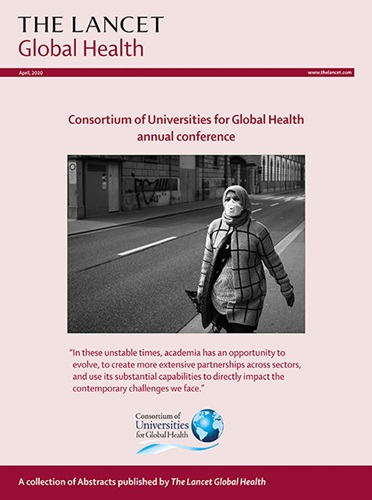National research ecosystems: protecting populations and building health security worldwide
IF 19.9
1区 医学
Q1 PUBLIC, ENVIRONMENTAL & OCCUPATIONAL HEALTH
引用次数: 0
Abstract
The global clinical research enterprise remains fundamentally misaligned with worldwide disease burden and public health needs, despite corrective efforts in recent years. Although clinical trials deliver important medical advances that benefit populations globally, research capabilities and trials are concentrated in high-income countries, which means that populations with the heaviest disease burdens (often in low-income and middle-income countries) participate in relatively few trials addressing their needs—infectious and non-communicable diseases alike. This imbalance leaves knowledge gaps in treating the most prevalent diseases and leaves the world dangerously unprepared for emerging threats. In this Viewpoint, we advance a vision of strong national research ecosystems that prioritise national and regional health needs, are integrated into health systems for rapid incorporation of research results into health care, and are prepared to pivot to emergency research when needed. This vision and the investment it requires—both domestic and international—are essential to improving and protecting population health.国家研究生态系统:保护人口和建立全球卫生安全
尽管近年来作出了纠正努力,但全球临床研究事业仍然从根本上与全球疾病负担和公共卫生需求脱节。虽然临床试验带来了重要的医学进步,使全球人口受益,但研究能力和试验集中在高收入国家,这意味着疾病负担最重的人口(通常在低收入和中等收入国家)参加的满足其需求的试验相对较少,包括传染病和非传染性疾病。这种不平衡造成了在治疗最流行疾病方面的知识差距,并使世界对新出现的威胁毫无准备。在这一观点中,我们提出了一个强大的国家研究生态系统的愿景,该生态系统优先考虑国家和区域卫生需求,将研究成果纳入卫生系统,以便迅速将研究成果纳入卫生保健,并准备在需要时转向紧急研究。这一愿景及其所需的国内和国际投资对于改善和保护人口健康至关重要。
本文章由计算机程序翻译,如有差异,请以英文原文为准。
求助全文
约1分钟内获得全文
求助全文
来源期刊

Lancet Global Health
PUBLIC, ENVIRONMENTAL & OCCUPATIONAL HEALTH-
CiteScore
44.10
自引率
1.20%
发文量
763
审稿时长
10 weeks
期刊介绍:
The Lancet Global Health is an online publication that releases monthly open access (subscription-free) issues.Each issue includes original research, commentary, and correspondence.In addition to this, the publication also provides regular blog posts.
The main focus of The Lancet Global Health is on disadvantaged populations, which can include both entire economic regions and marginalized groups within prosperous nations.The publication prefers to cover topics related to reproductive, maternal, neonatal, child, and adolescent health; infectious diseases (including neglected tropical diseases); non-communicable diseases; mental health; the global health workforce; health systems; surgery; and health policy.
 求助内容:
求助内容: 应助结果提醒方式:
应助结果提醒方式:


